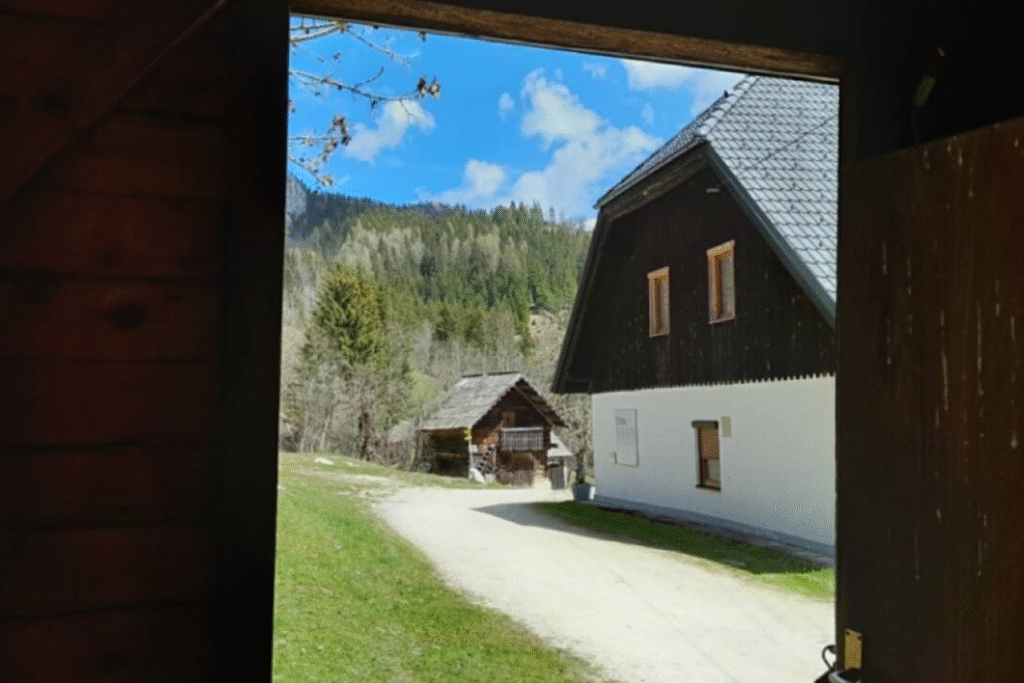
After the publication of the final report on the police operation at the Peršmanhof in Carinthia, the operators of the Peršmanhof Museum and the organizers of the Antifa Camp expressed satisfaction with the report’s quality but demanded consequences and an official apology. During a press conference on Friday, they also rejected the argument that the police operation was directed at the camp rather than at the Carinthian Slovene minority.
This attempt by the Interior Ministry and Carinthian Governor Peter Kaiser (SPÖ) to separate the antifascist camp from the museum and the ethnic minority “does not work,” said Markus Gönitzer, chairman of the Peršmanhof Association. The history of the museum, he said, is deeply connected with the Slovene minority and with antifascist educational work.
Disappointment Over Initial Reactions
Former Ombudswoman Terezija Stoisits (Greens) said she had “never read such a devastating report” and expressed her utmost respect for the commission appointed by the Interior Ministry. The report was “refreshingly clear and unambiguous,” said Klagenfurt lawyer Rudolf Vouk, who represents those affected. Nevertheless, he said, the first reactions were already disappointing, as Interior Minister Gerhard Karner (ÖVP) had not issued an apology. Reactions from the FPÖ and Carinthian ÖVP, which continued to describe the incident as an operation against left-wing extremists, were “a scandal,” said Vouk.
Andreas Kranebitter, head of the Documentation Archive of the Austrian Resistance (DÖW), also expressed concern about “the specter of Antifa being portrayed as a violent terrorist cell,” as propagated internationally in the U.S. and Hungary and domestically by the FPÖ. Antifascism, he said, is not left-wing extremism but nonpartisan and a fundamental democratic principle of the Republic.
The Peršmanhof, he emphasized, is important not only for the Slovene minority but for Austrian society as a whole, as the memorial documents the only significant Austrian resistance against National Socialism—one that became the foundation for the Republic of Austria.
Re-Traumatization For The Minority
The police operation was an attack on the Slovene minority and caused retraumatization among those present and within the community, said camp organizer Yara Palmisano. “In the spirit of rebuilding trust,” representatives of the Province of Carinthia, the Interior Ministry, and the Republics of Austria and Slovenia have been invited by the two museum associations—the Carinthian Partisan Association and the Peršmanhof Association—to attend the symbolic reopening of the museum in May 2026.
As further consequences, lawyer Vouk said he expects the two ongoing cases for “resisting state authority” to be dropped. Equally important, he added, is the overdue implementation of minority protections—such as bilingual courts, expanded bilingual education, and additional bilingual town signs.
The Peršmanhof is one of the most significant memorial sites for Carinthian Slovenes. The remote farmhouse was the site of a massacre on April 25, 1945, when an SS police regiment killed eleven people, including seven children.

